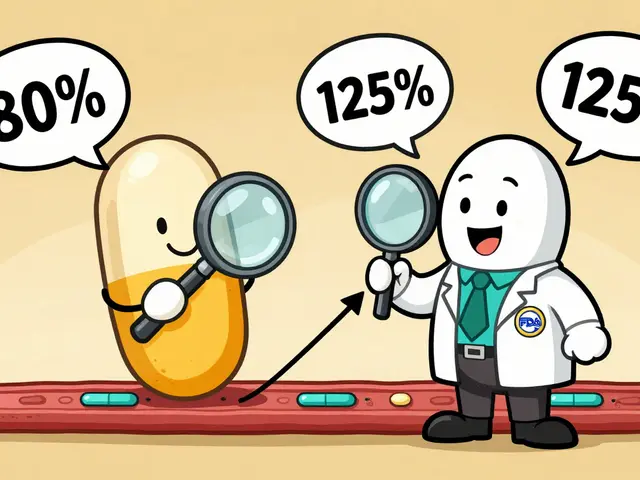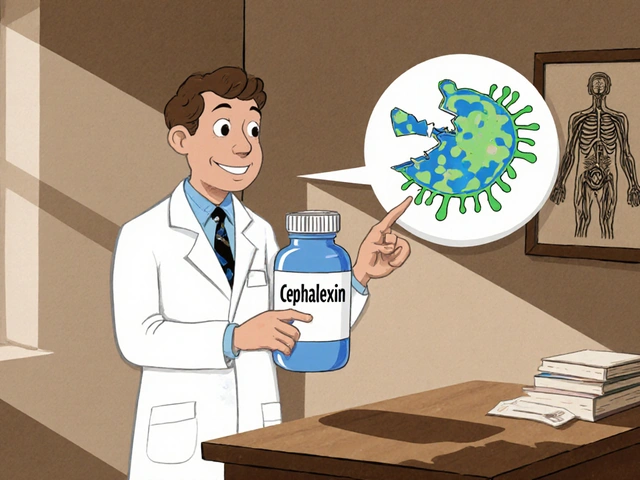Antioxidant Essentials: Benefits, Foods, and Supplements
Ever wonder why you see antioxidants everywhere from skincare bottles to cereal boxes? In simple terms, antioxidants are molecules that stop harmful free radicals from damaging your cells. Those free radicals pop up when you eat, exercise, or are exposed to pollution, and if they pile up, you can feel tired, get skin issues, or face long‑term health problems.
Why Antioxidants Matter
Think of antioxidants as the cleanup crew in your body. They neutralize free radicals, which lowers inflammation and supports the immune system. Research shows that a diet rich in antioxidants can improve heart health, keep blood sugar steadier, and even slow age‑related vision loss. That’s why doctors often recommend fruit, veggies, and certain supplements to keep the balance right.
One key point is that not all antioxidants work the same way. Vitamin C, for example, works in watery parts of the body like blood, while vitamin E sticks to cell membranes and protects fats. Plant compounds like flavonoids and polyphenols (found in berries and tea) have a broader range, tackling several types of free radicals at once.
Choosing the Right Antioxidant Sources
When you’re picking foods, aim for color. Red grapes, blueberries, spinach, and carrots all contain different antioxidants that complement each other. A simple trick is to fill half your plate with colorful produce at each meal. That way you get a mix of vitamin C, beta‑carotene, lutein, and more.
If you prefer supplements, look for ones that list standardized extracts and clear dosages. Common choices are vitamin C (500‑1000 mg daily), vitamin E (200 IU), and plant extracts like green tea extract (300‑400 mg). Be careful with mega‑doses; too much vitamin E, for instance, can increase bleeding risk.
Quality matters. Choose brands that use third‑party testing and avoid products with unnecessary fillers. Reading the label for “USP verified” or “NSF certified” can save you from low‑quality mixes.
Timing can boost effectiveness, too. Vitamin C is water‑soluble, so taking it with a glass of water on an empty stomach helps absorption. Fat‑soluble antioxidants like vitamin E and co‑enzyme Q10 work best with a meal that contains healthy fats.
Finally, remember that antioxidants are just one piece of the health puzzle. Regular exercise, adequate sleep, and stress management all influence how many free radicals your body produces. Pair a solid antioxidant plan with these habits, and you’ll give your body a real edge.
Bottom line: load up on colorful fruits and vegetables, choose reputable supplements when needed, and keep a balanced lifestyle. Your cells will thank you, and you’ll likely feel more energetic, clearer‑thinking, and healthier overall.

Angelica Supplement: From Ancient Herb to Modern Health Boost
- By : Tamsin Riverton
- Date : Sep 22 2025
Explore Angelica's journey from a centuries‑old herbal remedy to a scientifically‑backed dietary supplement, its health benefits, safety, and how to choose a quality product.




